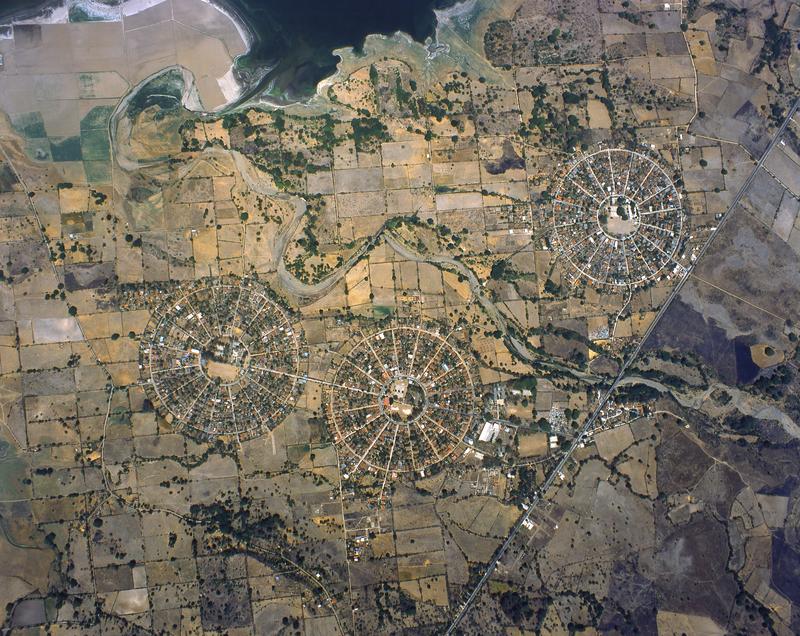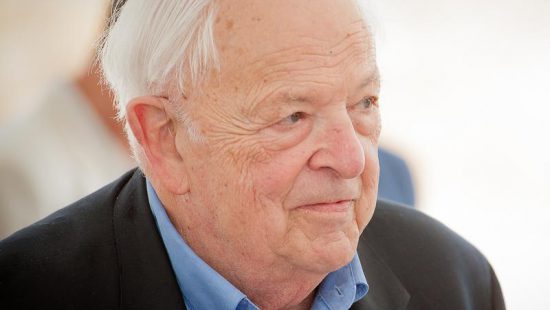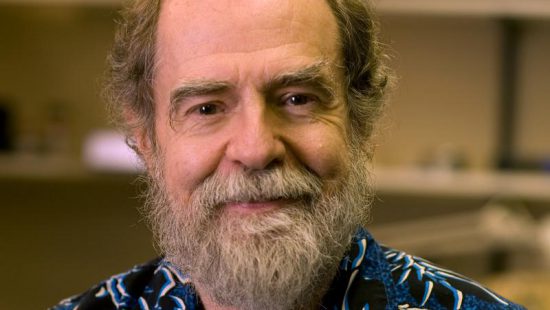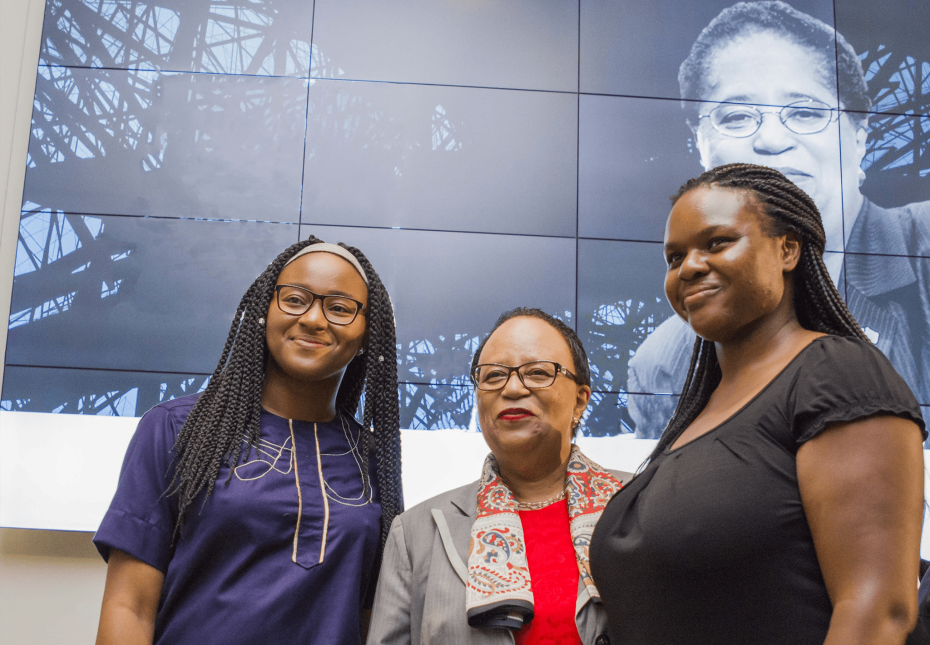Paul D. Bartlett likely didn’t mind that many of his students superseded him in notoriety. That’s the mark of a good educator.
At Harvard, Bartlett mentored more than 270 graduate students and postdoctoral fellows, many of whom went on to receive national recognition. His course, Chemistry 105, was duplicated by teachers across the field. The curriculum, centered around chemical reactions, helping students understand processes instead of relying on memorization.
Inside the laboratory, Bartlett authored more than 300 papers on his own scientific achievements. In 1939, his research on bridgehead halogens led to the discovery of the hydrogen-halide exchange reaction, which revolutionized the field of petroleum hydrocarbons.
His other studies – to name a few – investigated the world around us, including the chemistry of elemental sulfur and terpenes, which are found in the essential oil of plants, and the behavior of free radicals, highly reactive particles that are often correlated with cancer.







